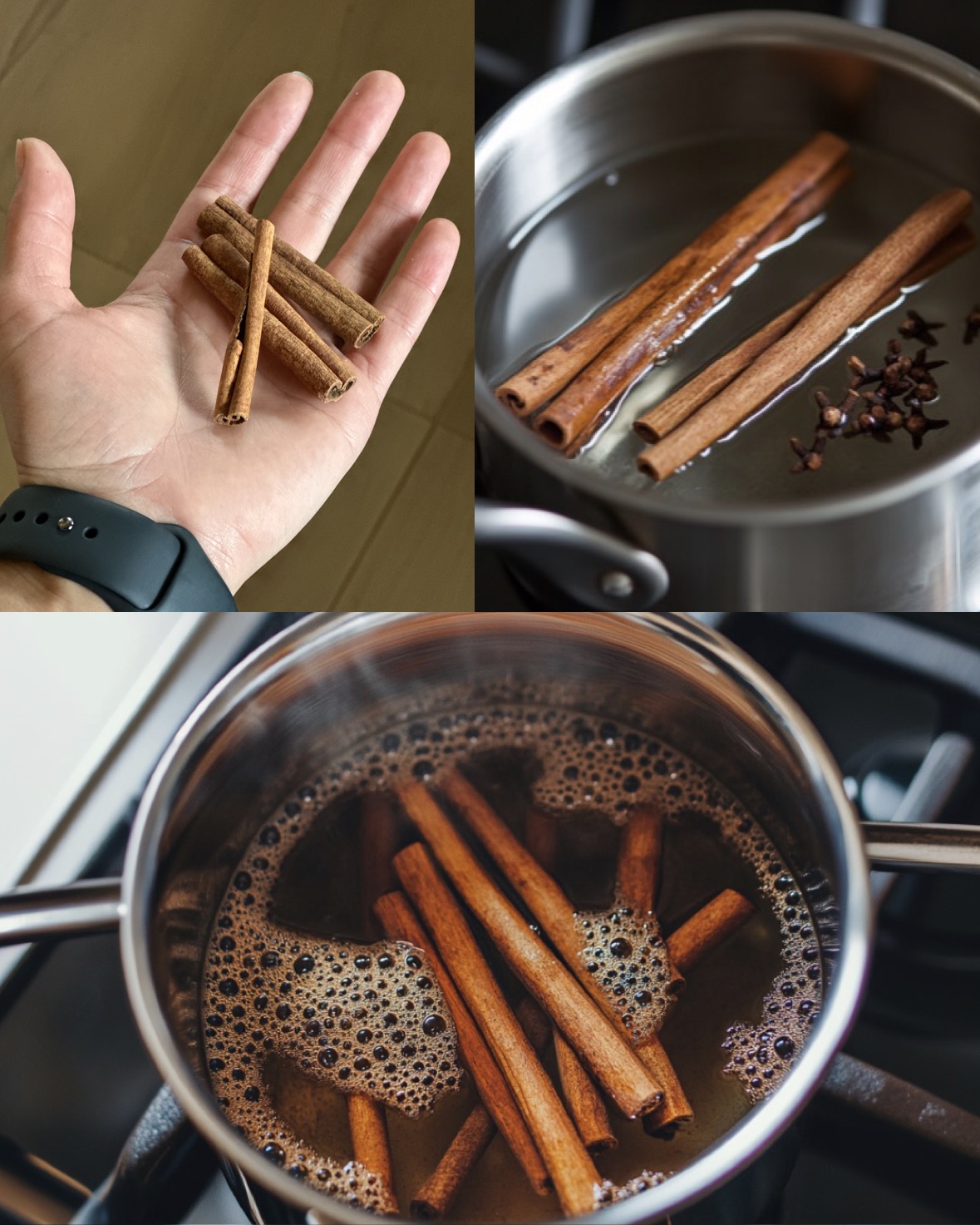
When it comes to staying healthy, we often assume we need complex solutions or exotic remedies. But sometimes, the most effective tools are already sitting in our own kitchen cabinets. Two common spices—ones you probably wouldn’t think to pair—can actually work wonders for your immune system and overall well-being. Curious? After this, you might never see cinnamon and cloves the same way again…
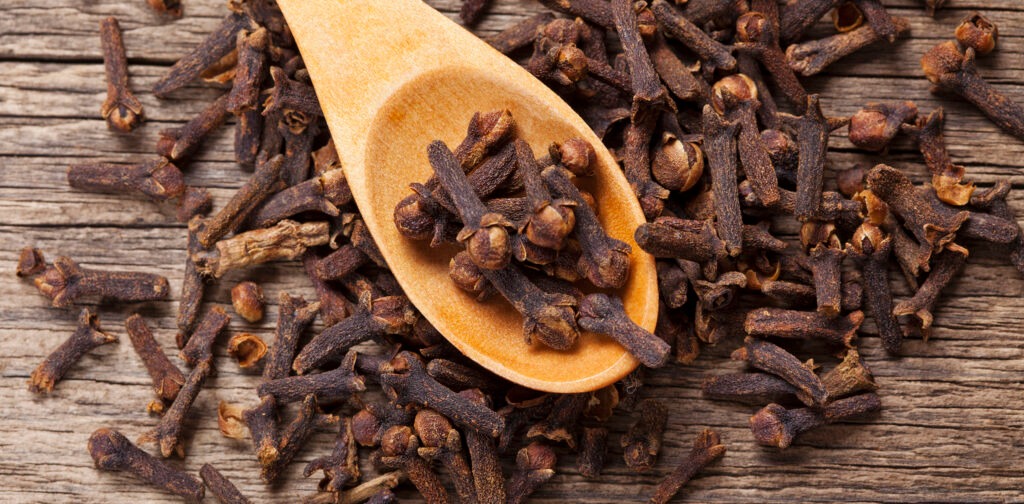
What Makes This Spicy Duo So Effective?
They might seem ordinary, but cinnamon and cloves are packed with powerful health benefits. For generations, they’ve played an important role in traditional healing systems thanks to their antibacterial, antiviral, and anti-inflammatory properties.
What really makes them stand out are their active compounds: eugenol in cloves and cinnamaldehyde in cinnamon. These natural antioxidants help combat free radicals—those unstable molecules linked to aging and many winter ailments. In short, they act like a natural shield against seasonal bugs.
In fact, when used properly, a simple homemade infusion can do what some pharmacy supplements claim to: help boost immunity or ease cold symptoms—especially at the early stages. Think of it like choosing a soothing herbal tea over a lab-made pill.
That said, be cautious: clove essential oil is extremely concentrated, and using it incorrectly (especially undiluted) can be harmful. Always seek expert guidance before applying it topically.
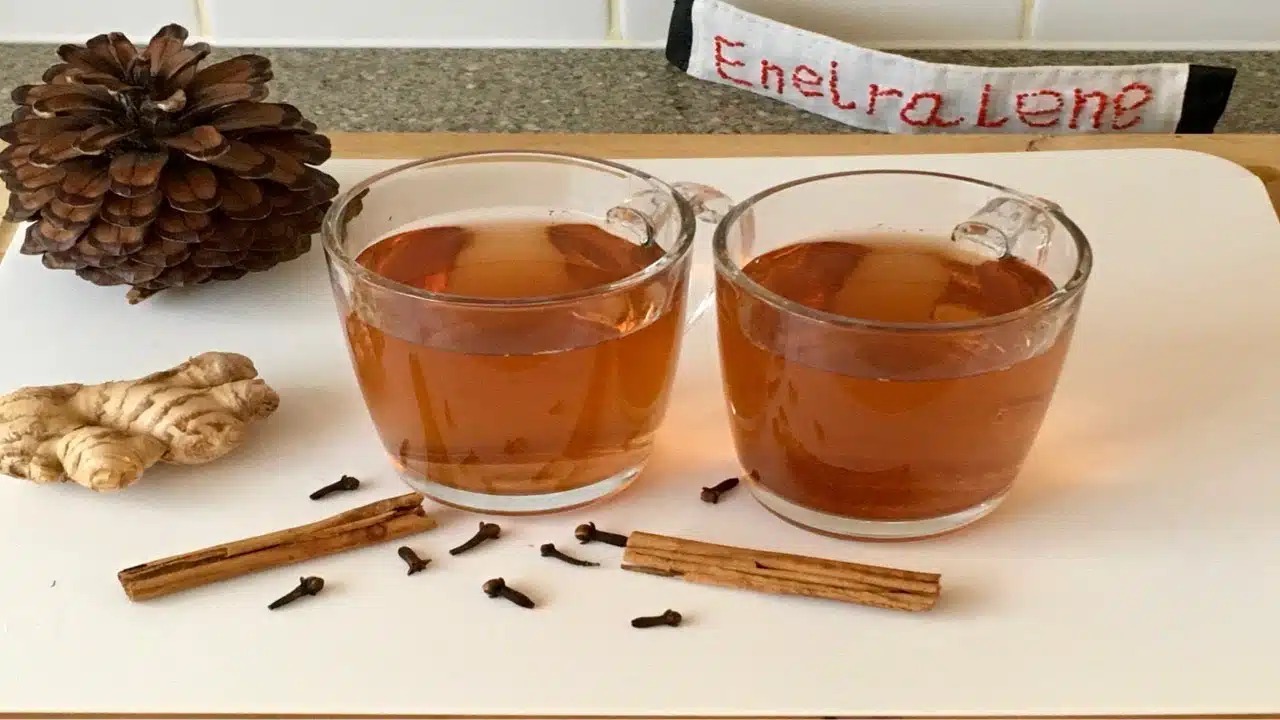
How to Make a Simple Cinnamon-Clove Tea at Home
Good news—it’s incredibly easy. Here’s how to brew this comforting infusion:
- Bring 250 ml of water to a boil
- Add 1 cinnamon stick and 3 whole cloves
- Cover and let steep for 10 minutes
If you prefer a gentler flavor, stir in a spoon of honey or a bit of lemon juice. It’s especially comforting for a sore throat during colder months.
Need a quicker version? Mix ½ teaspoon of ground cinnamon with a pinch of ground cloves, pour hot water over it, stir, and it’s ready.
Enjoy this tea once or twice a day, but not for more than a week straight. Like all natural remedies, moderation is key—overdoing it, especially if you have a sensitive stomach, can lead to discomfort due to the warming nature of these spices.
⚠️ Not recommended for children under 6, pregnant or breastfeeding women—unless cleared by a doctor.
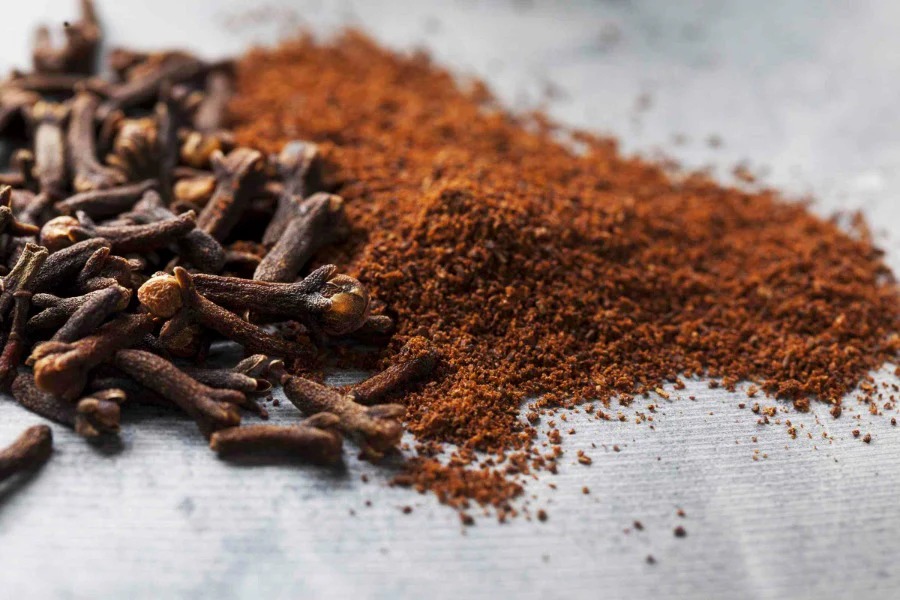
What Can This Combo Actually Help With?
Feeling a little off as the weather gets colder? This spicy tea might help with:
- Seasonal fatigue
- Mild colds
- Indigestion after rich meals
It can also be used as a warm mouth rinse to tackle bad breath, or as a gargle to help soothe mild toothaches—an old trick passed down from grandmothers.
It’s a gentle, natural alternative that won’t mess with your gut flora. But remember: if you’re running a fever or symptoms linger, always check with a healthcare provider.
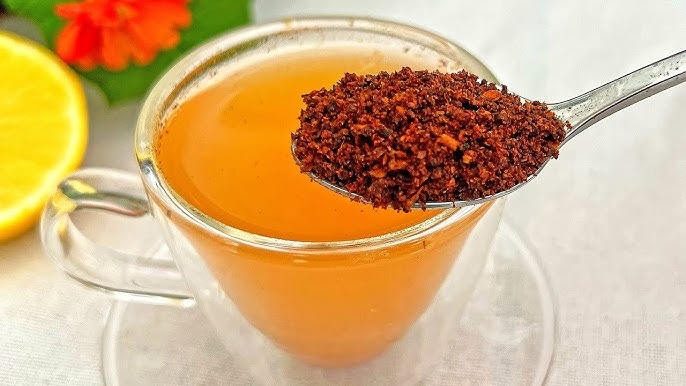
What to Watch Out For
When it comes to cloves, more is not better. Eugenol, while beneficial in small amounts, can become irritating or toxic if overused.
If your stomach is sensitive, skip drinking it on an empty stomach. And when it comes to cinnamon, go for Ceylon cinnamon (the “true” cinnamon) rather than the more common Cassia variety, which contains coumarin, a compound that can be harmful in large doses.
Most importantly: never use this or any home remedy as a substitute for medical treatment. If you have chronic health issues or take blood thinners, talk to your doctor first.
Trying this for the first time? Do a small allergy test before going all-in—some people may have unexpected reactions to these spices.

